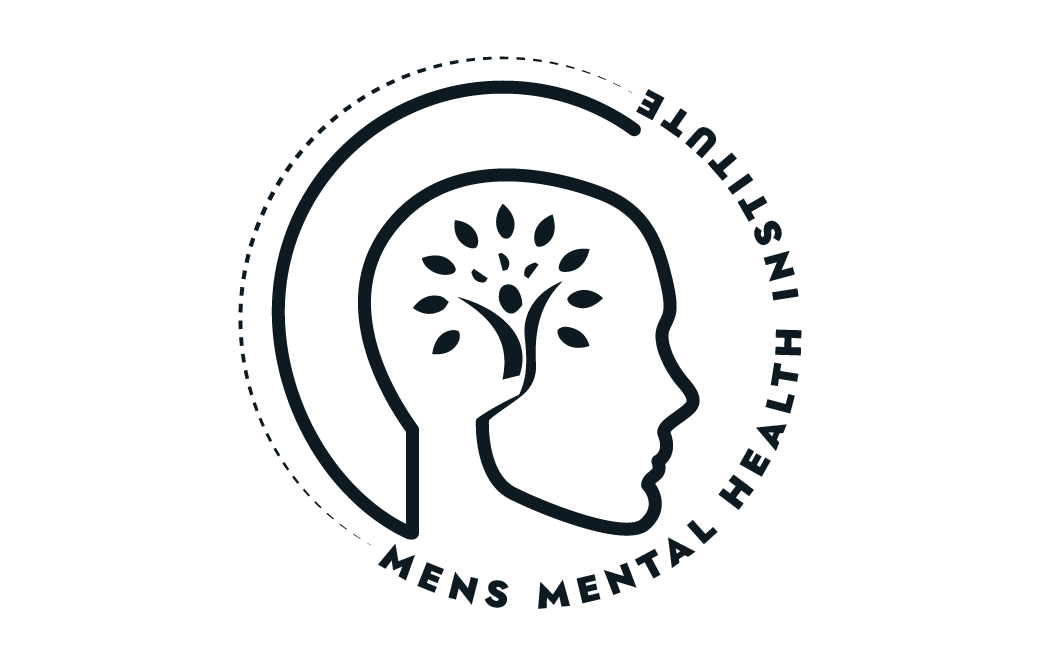The Cost of Vulnerability in a World That Doesn’t Understand Men
You were told vulnerability is strength. That opening up makes relationships deeper. That talking about your emotions makes you emotionally intelligent. And yet when you finally did it, you were punished for it. Your pain was thrown back in your face during arguments. Your softness was seen as weakness. Your honesty made people uncomfortable. So now, you don’t trust it. You don’t trust them. And maybe, you don’t trust yourself.
This isn’t in your head. It’s a pattern many men report after trying to express emotions in a world that still punishes them for stepping outside the narrow definition of masculinity. We live in a culture that says “Talk about your feelings” but doesn’t actually know what to do when men do.
From a social psychology standpoint, society often reduces masculinity to control, stoicism, and utility. A man who expresses fear, confusion, sadness, or tenderness challenges those unconscious norms, and many people (including romantic partners) are unconsciously threatened by it. Their discomfort becomes yours to carry.
The mental health system, unfortunately, isn’t always better. Labels like depression, anxiety, or personality disorders are slapped on without understanding context. Sometimes men are medicated when what they actually need is mentorship, direction, community, or existential purpose. Vulnerability gets pathologized rather than processed. And once labeled, your story often gets simplified into something that fits a diagnostic box instead of the complex man that you are.
Meanwhile, Big Pharma benefits from the quick fix. Prescribe, Suppress, Move on. But medications don’t resolve why you feel the way you do. They manage symptoms, not systems.
The truth is, your vulnerabilities have been weaponized because the systems around you—cultural, relational, psychological—aren’t built to hold the reality of a man’s inner world.
Therapeutic Approaches That Actually Respect Your Depth
In our practice, we use a combination of science-backed modalities that treat men with honor, not pathology. Here’s how that works:
Cognitive Behavioral Therapy (CBT)
CBT helps untangle the belief that “if I open up, I will be attacked.” It identifies the distortions that keep you emotionally isolated and rewires them with updated, reality-based thinking. But we don’t stop there.
Dialectical Behavior Therapy (DBT)
DBT adds the emotional regulation component. It’s not just about talking; it’s about learning how to stay calm, centered, and in control while expressing what’s real. For men who feel like their emotions spiral or get used against them, this is foundational.
Internal Family Systems (IFS)
IFS helps explore the internal parts of you—the protector who shuts down, the child who was shamed, the leader who wants connection but doesn’t trust it. We help these parts of you reconcile. So your vulnerability doesn’t feel like a threat to your survival, it becomes a tool for integration.
Narrative Therapy
You’re not just your trauma or your diagnosis. Narrative work allows you to reclaim authorship over your story. Instead of being “the guy who can’t open up,” you become “the man who was burned for being honest and rebuilt wiser boundaries.”
Somatic and Trauma-Informed Work
Many men carry micro-traumas in the body—tight jaw, clenched fists, dissociation, or the inability to relax into safety. Somatic techniques retrain the nervous system so vulnerability isn’t synonymous with danger. We teach your body that it’s safe to feel, speak, and stand firm.
We also integrate evolutionary insights into therapy: that your nervous system evolved for tribal belonging, for physical threat detection, for competition and legacy. If you’re being emotionally punished for being real, your brain processes that like a threat to survival. We work with this truth, not against it.
And we confront the limits of over-labeling: men are often diagnosed with disorders when what they’re experiencing is rational emotional pain from betrayal, disconnection, burnout, or purposelessness. We treat the man, not the label.
What You Gain When You Redefine Vulnerability on Your Terms
When you stop trying to be vulnerable the way others demand and start owning your truth with boundaries, clarity, and strength, everything shifts.
- In love, you stop oversharing or under-sharing. You speak your truth with gravity, not desperation. You attract partners who can handle a whole man, not just the parts that please them.
- In life and career, you trust your own inner compass more than external approval. You stop leaking energy into proving yourself. You lead with authority, not apology.
- In mental health, you experience stability not by numbing emotion, but by mastering it. You know how to express anger without destruction, sadness without shame, and fear without collapse.
- And in identity, you reclaim your masculine center. Vulnerability no longer makes you feel exposed; it makes you dangerous in the best way. Because you’re not hiding. You’re not performing. You’re you—fully aligned, emotionally fluent, and no longer afraid of your own depth.








